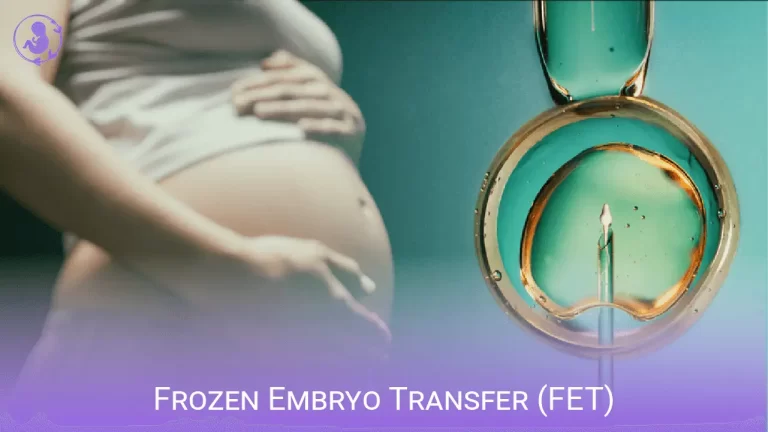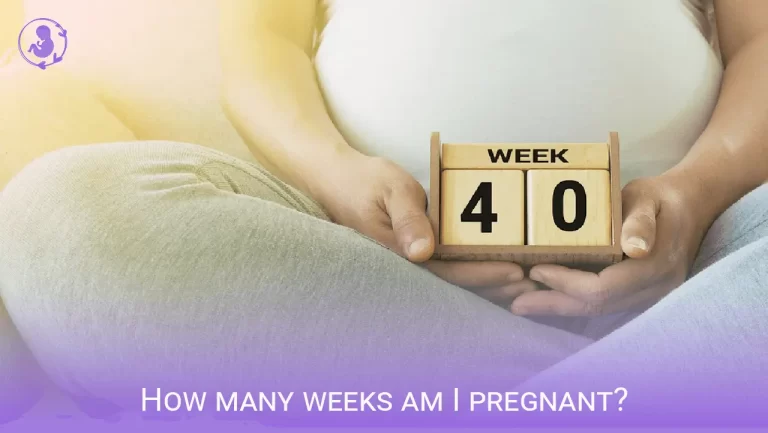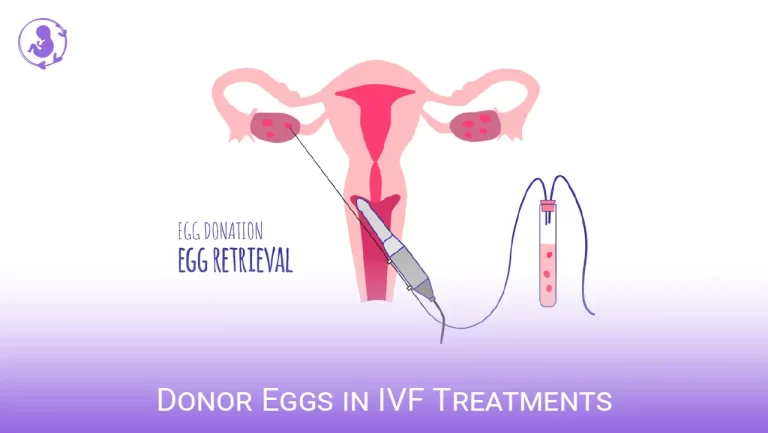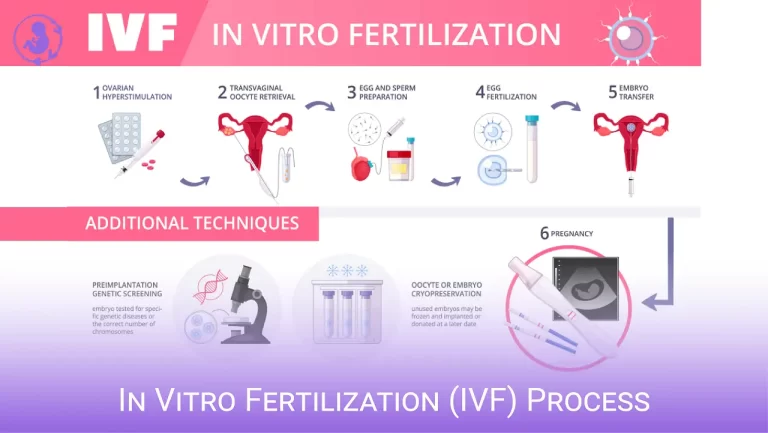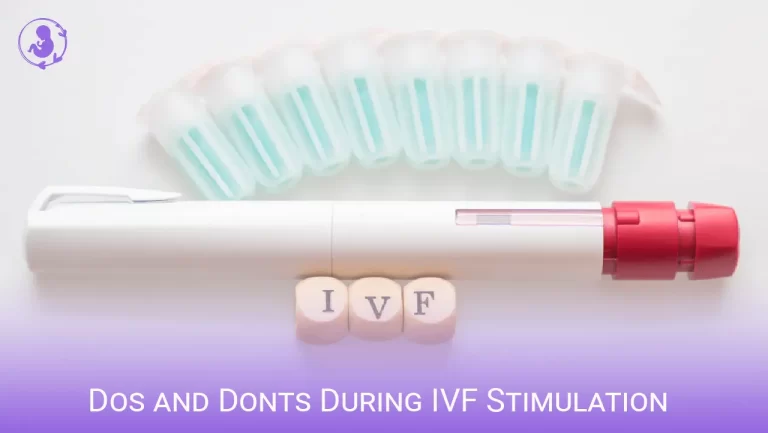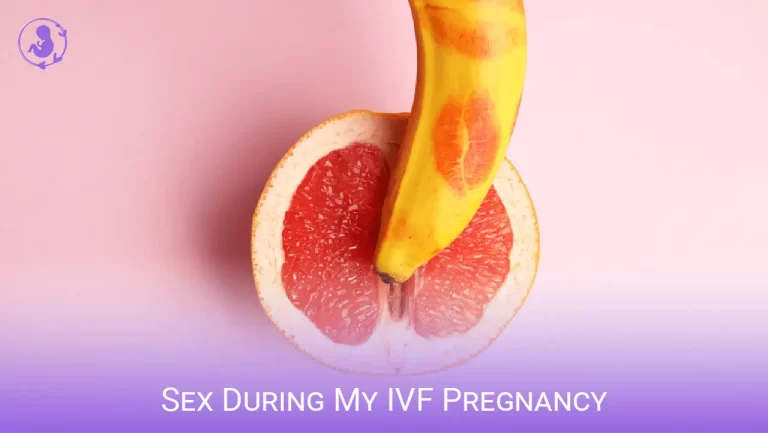IVF Treatment for Twins – IVF Twins Percentage
If you’re considering IVF treatment and wondering about the chances of having twins, this article is for you. We’ll dive into the factors that can increase the likelihood of conceiving twins, both naturally and through fertility treatments like in vitro fertilization (IVF).
From genetics to the number of embryos transferred during IVF, we’ll explore what influences the odds. However, it’s important to remember that multiple pregnancies, including twins, come with higher risks.
So, let’s find out how to optimize your chances while keeping safety in mind.

IVF Twins: Understanding the Statistics
The rate of twin births through IVF is higher than the rate of naturally conceived twins. When undergoing IVF, there are several factors that can influence the conception rate of twins.
One factor is the age of the woman. Women who are older have a higher chance of conceiving twins through IVF.
Another factor is the number of embryos transferred during the procedure. Transferring multiple embryos increases the likelihood of having twins.
However, there are risks associated with multiple pregnancies, such as preeclampsia and preterm labor. To minimize these risks, elective single embryo transfer (eSET) is recommended.
Studies have shown that transferring just one high-quality embryo can be as successful as transferring multiple embryos, with a lower risk of complications. It is important to discuss these factors with your doctor to make informed decisions about your IVF treatment.
Factors Affecting the Likelihood of IVF Twins
Increase your chances of conceiving twins during IVF by considering factors such as age, embryo type (fresh or frozen), and the source of the eggs (own or donor).
To increase your chances of having twins during IVF, consider the following factors:
- Ovarian Stimulation: Opt for a higher dose of ovarian stimulation medications to increase the number of eggs produced during the IVF cycle.
- Embryo Transfer: Transfer multiple embryos into the uterus during the IVF procedure. This increases the likelihood of implantation and the chance of having twins.
- Genetic Testing: Consider undergoing genetic testing on the embryos before transfer. This helps identify the healthiest embryos and increases the chances of a successful pregnancy with twins.
Risks and Considerations of IVF Twin Pregnancies
Consider discussing with your doctor the potential risks and considerations of twin pregnancies resulting from IVF.
While IVF can increase the chances of having twins, it’s important to understand the associated risks and benefits.
Twin pregnancies can have complications such as preeclampsia, gestational diabetes, and preterm labor.
It’s crucial to seek medical advice and follow recommended guidelines for the best outcomes.
Additionally, genetic testing can help identify embryos with genetic abnormalities, and transferring one high-quality embryo may increase the success rates of IVF while minimizing the risk of multiple pregnancies.
Your doctor can provide you with information on the specific risks and options for multiple-embryo transfer, allowing you to make informed decisions about your IVF treatment.
Minimizing the Risk of Twins in IVF Treatment
To minimize the risk of twins in your IVF journey, your doctor may recommend elective single embryo transfer (eSET) to increase the chances of a successful pregnancy while reducing the likelihood of multiple pregnancies.
eSET involves transferring only one high-quality embryo into your uterus. This approach allows for a more individualized approach to IVF, taking into consideration factors such as embryo quality, hormonal stimulation, and advanced maternal age.
Preimplantation genetic testing can be utilized to identify embryos with genetic abnormalities, ensuring that only healthy embryos are transferred. By selecting the healthiest embryo and transferring only one, the chances of a successful pregnancy are not compromised, while the risk of multiple pregnancies is significantly reduced.
Your doctor will closely monitor your progress and make informed decisions based on your specific circumstances.
Individualized Approach to IVF: Balancing Success and Multiple Pregnancy Risk
Your doctor will assess various factors, such as your age and embryo quality, to develop an individualized approach to IVF that balances the chances of success with the risk of multiple pregnancies. They will consider the following:
- IVF Success: Your doctor will evaluate your chances of success with IVF based on your age and other relevant factors.
- Embryo Selection: They will use genetic testing and embryo quality assessments to select the healthiest embryos for transfer.
- Pregnancy Complications: Your doctor will discuss the potential risks and complications associated with multiple pregnancies, such as preeclampsia and gestational diabetes.
- eSET Benefits: They will explain the benefits of elective single embryo transfer (eSET), which can minimize the risk of multiple pregnancies.
- Genetic Testing: Your doctor may recommend genetic testing to identify any abnormalities in the embryos before transfer.
Read More On IVF

